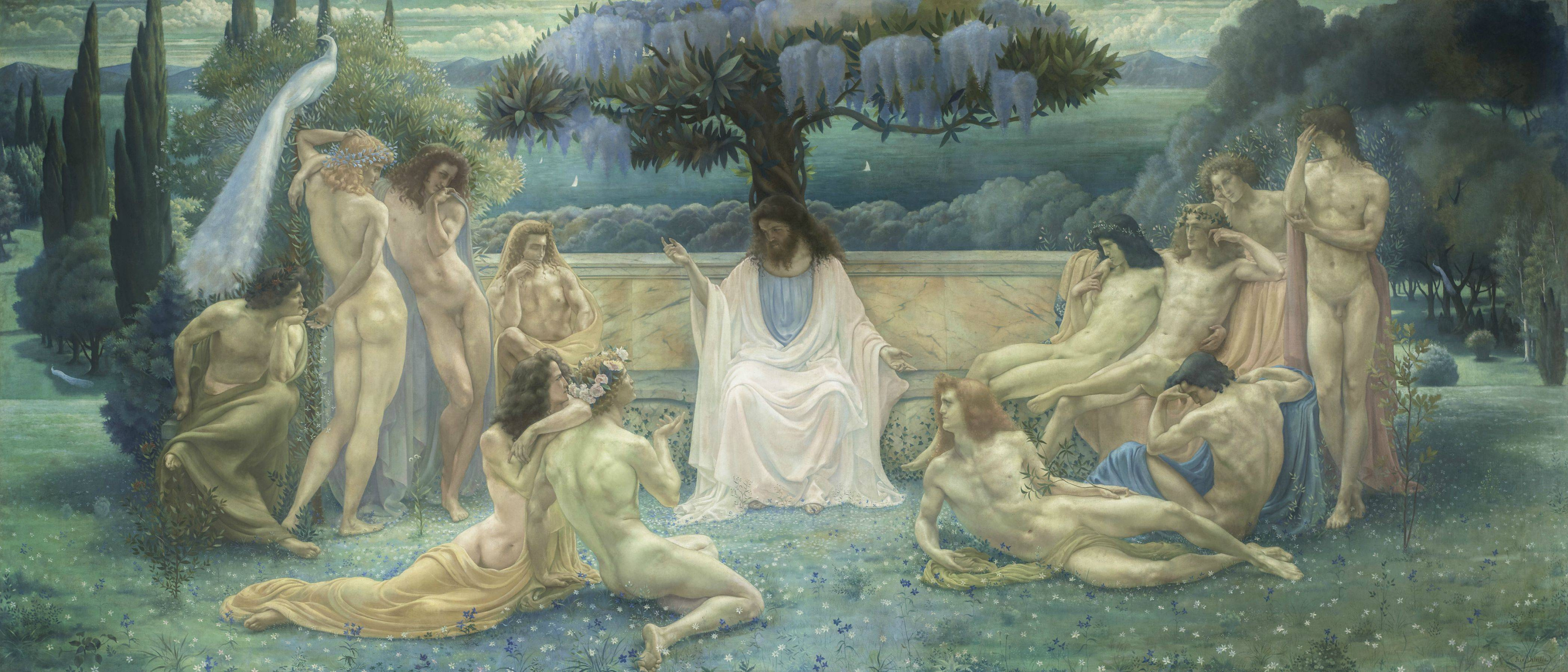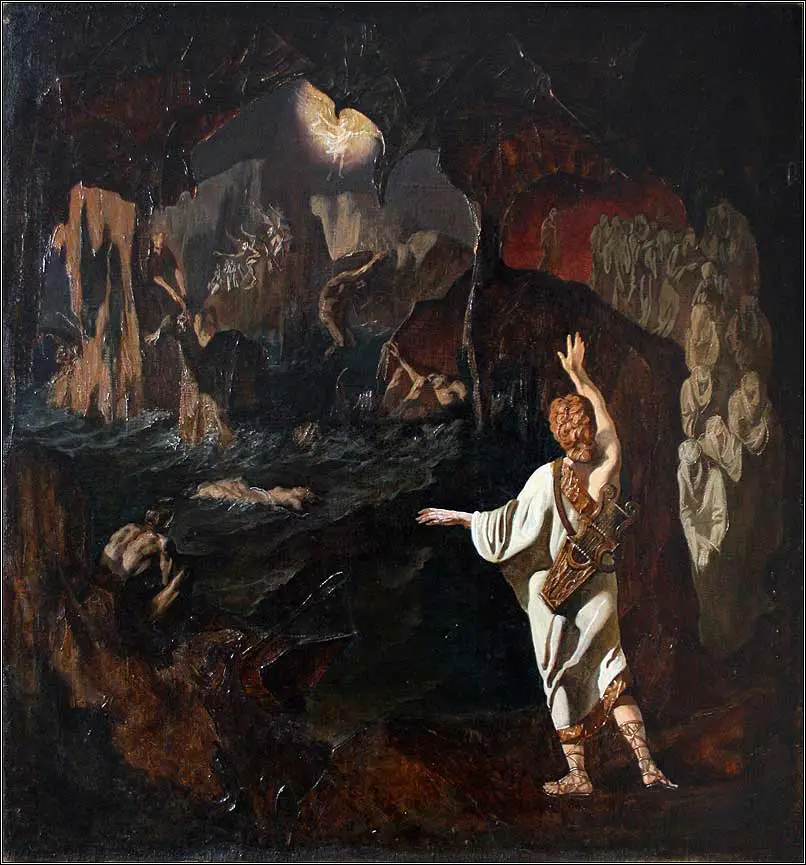cover: Ilyas Phaizulline, "Orpheus at the Empire of the Dead"
Introduction
curated by Marco Maculotti
When it comes to "shamanism" [I], we usually tend to think of the Siberian one [II], from which the term itself derives, or to the Himalayan one, which often synchronizes with the Buddhist and / or Hindu tradition, or to that of the native populations of North America, Mexico and the Andes, as well as that of the Australian aborigines. More rarely, the importance of shamanic practices for the Indo-European peoples is emphasized, although the classical sources are not poor in this regard.


